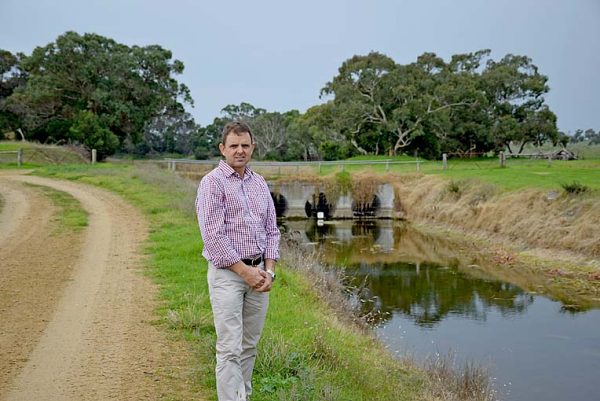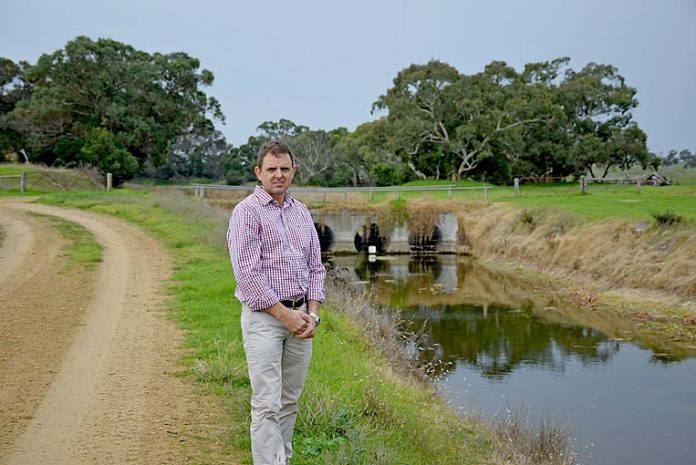
A SHAKE-UP to Natural Resources Management has been promised by Liberal candidate for MacKillop Nick McBride.
At present, house-owners in the Wattle Range Council area are required to pay an annual levy of $75.20 to fund the South East NRM Board.
The board currently has four of its appointed seven members coming from Millicent and district.
Mr McBride’s party has promised to scrap it and kindred boards across South Australia.
Mr McBride said the proper management of the natural resources in the South East was a major concern of the local community.
“The management of our natural resources is a significant issue, not only for the primary producers in the region, but the wider community,” Mr McBride said.
“These reforms will be fundamental to restoring the community’s faith in the NRM system by increasing independence and transparency and giving the local community more control.
“The $2m in levies that are to be quarantined each year will help community organisations and not-for-profit groups in the South East to deliver on-the-ground environmental projects.”
The Liberal Party has announced a plan to completely reform the NRM system if elected in March.
It said a Marshall Liberal Government would abolish the current NRM boards and establish Landscape SA, a new agency which will be responsible for the natural resources management strategy across South Australia.
A Marshall Liberal Government will also cap annual land water levies, restore independence and put control of the natural resource management back into the regions and local communities.
“The current NRM system is broken, lacks independence and has become another taxation source for the Weatherill Labor Government,” Shadow Minister for Environment David Speirs said.
“The Weatherill Labor Government increased the NRM levy by $6.8m last year and our farmers and regional communities were the hardest hit by this arbitrary tax increase.
“Landscape SA will consist of nine regional boards replacing the existing NRM boards and importantly all levies collected in a region will be spent in that region.
“Importantly, three of the seven board members on each board will be democratically elected by the local community.”








